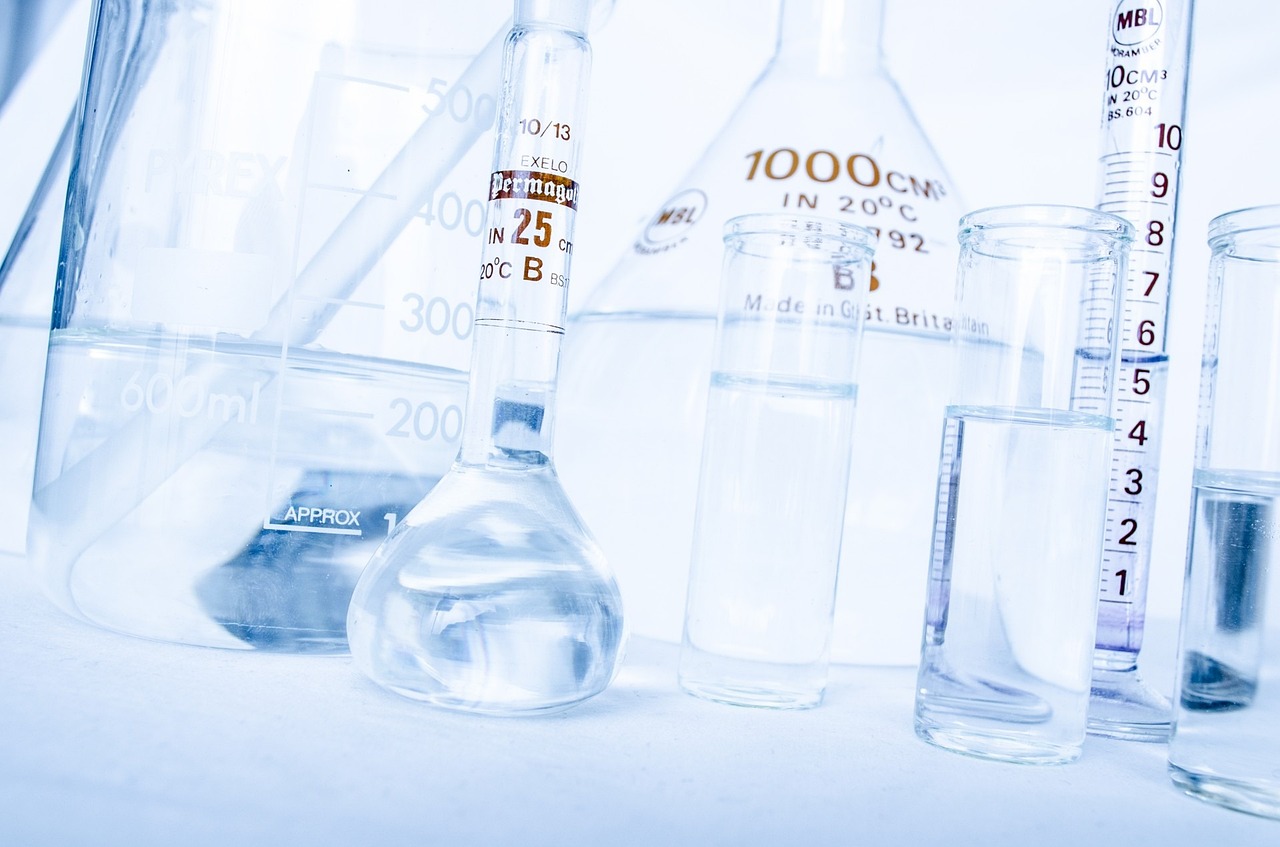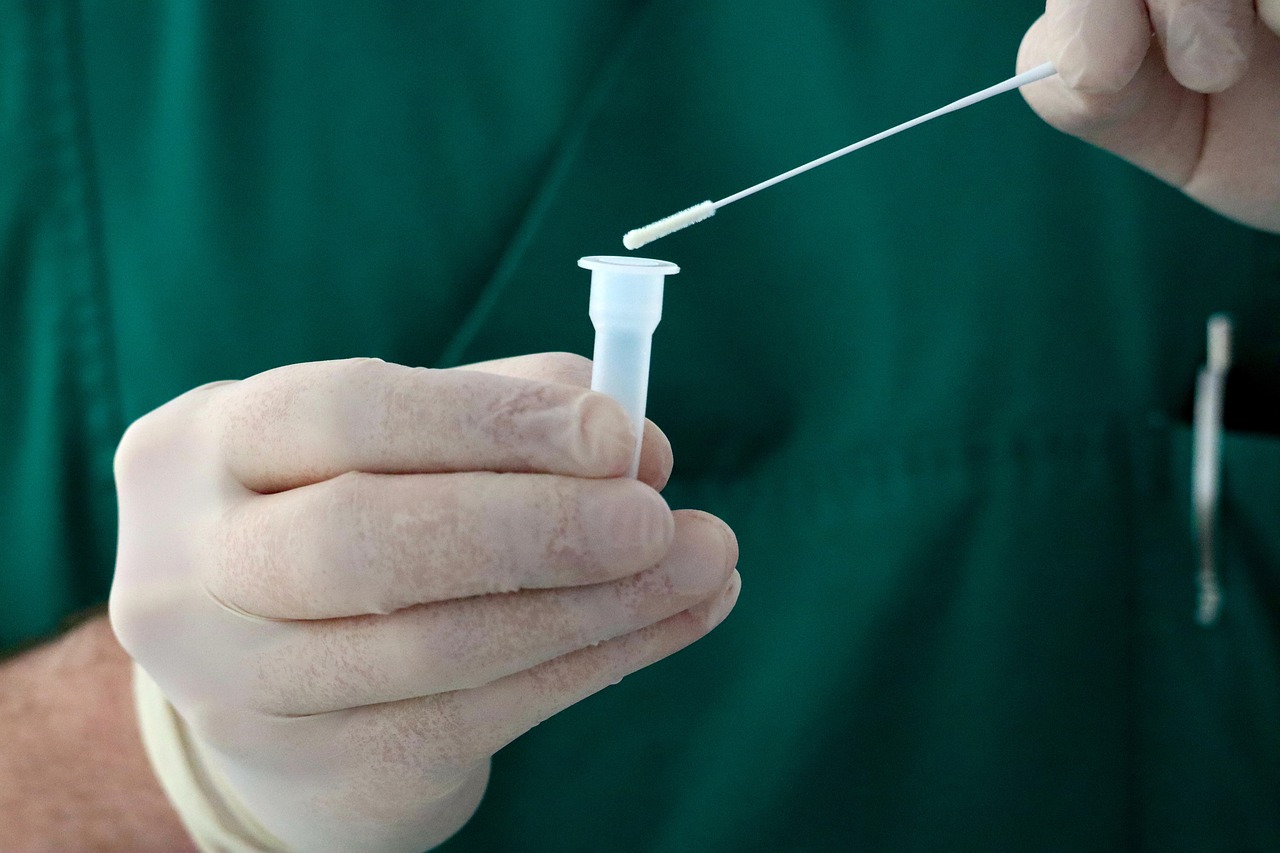When it comes to the burning question of “How Soon After Sex Can You Take a Pregnancy Test,” timing is crucial for accurate results. Let’s dive into the factors that play a role in determining when you can take a pregnancy test after intercourse.
- Understanding Pregnancy Tests: Before delving into timing, it’s essential to grasp the types of pregnancy tests available. From urine tests, which can be easily done at home, to blood tests conducted in a healthcare setting, each method has its own level of accuracy and sensitivity.
- Factors Affecting Test Accuracy: The accuracy of a pregnancy test result can be influenced by various factors, such as the sensitivity of the test, the timing of testing in relation to ovulation, and the concentration of the pregnancy hormone hCG in your body.
- Timing of Testing: For the most reliable results, it is recommended to wait at least a week after a missed period to take a home pregnancy test. Testing too early may lead to false negatives due to low hCG levels in the early stages of pregnancy.
- Types of Pregnancy Tests: While urine tests are more commonly used due to their convenience, blood tests are considered more accurate and can detect pregnancy earlier. Understanding the differences between these tests can help you choose the right one for your situation.
Knowing the early pregnancy symptoms can also guide you in deciding when to take a test. From morning sickness to fatigue, your body may be sending you subtle signals of a potential pregnancy. However, the surefire way to confirm a pregnancy is by consulting a healthcare provider. Seeking professional advice not only ensures accurate results but also provides you with the necessary guidance and support during this crucial time.

Understanding Pregnancy Tests
When it comes to understanding pregnancy tests, it’s essential to know the different types available and how they work. One common type is the urine pregnancy test, which detects the presence of the hormone hCG in the urine. This hormone is produced by the placenta shortly after the embryo attaches to the uterine lining. A blood pregnancy test, on the other hand, measures the hCG levels in the blood, offering a more sensitive and accurate result, especially in the early stages of pregnancy.
Urine pregnancy tests are convenient and can be easily done at home, providing results within minutes. However, their accuracy may vary depending on factors such as the timing of testing and the concentration of hCG in the urine. Blood tests, typically performed at a healthcare provider’s office, are more reliable and can detect pregnancy earlier than urine tests.
- Urine Pregnancy Test: Quick and easy to use at home but may be less sensitive than blood tests.
- Blood Pregnancy Test: More accurate and can detect pregnancy earlier, usually done at a healthcare provider’s office.
Understanding the differences between these tests can help individuals choose the most suitable option based on their needs and circumstances. Whether opting for a urine test for convenience or a blood test for accuracy, knowing how pregnancy tests work is crucial for obtaining reliable results and making informed decisions regarding one’s reproductive health.

Factors Affecting Test Accuracy
When it comes to the accuracy of pregnancy tests, several factors can influence the results. Understanding these factors is crucial for obtaining reliable information about your pregnancy status. Let’s delve into the various elements that can affect the accuracy of a pregnancy test:
- Timing of Testing: The timing of taking a pregnancy test plays a significant role in its accuracy. Testing too early or too late can lead to false results. It is essential to wait for the appropriate time frame recommended by the test manufacturer for the most reliable outcome.
- Quality of the Test: The quality of the pregnancy test used can impact its accuracy. Some tests are more sensitive and reliable than others. Opting for a reputable brand and checking the expiration date of the test can help ensure accurate results.
- Human Error: Incorrectly following the instructions provided with the test can also affect its accuracy. It is crucial to carefully read and adhere to the guidelines for the best results. Mistakes in the testing process, such as not using the first morning urine or misinterpreting the results, can lead to inaccuracies.
- Medications and Medical Conditions: Certain medications and medical conditions can interfere with pregnancy test results. It is essential to inform your healthcare provider about any medications you are taking or health conditions you have before taking a pregnancy test for accurate interpretation.

Timing of Testing
When it comes to determining the ideal timing for taking a pregnancy test, it’s crucial to understand the menstrual cycle and how it affects the accuracy of the results. The timing of testing plays a significant role in obtaining reliable outcomes. To maximize the chances of detecting a pregnancy, it is recommended to wait until you have missed your period before taking a test. This delay allows the body enough time to produce a sufficient amount of hCG hormone, which is the key indicator of pregnancy in tests.
Moreover, taking a pregnancy test too early can lead to false negative results, as the levels of hCG may not be detectable yet. Waiting at least a week after a missed period can greatly increase the accuracy of the test. However, if you can’t resist the urge to test early, consider using a highly sensitive pregnancy test that can detect lower levels of hCG in the urine.
Additionally, the time of day when you take the test can also impact the results. For the most accurate outcome, it is advisable to take the test in the morning when the concentration of hCG in the urine is at its highest. This increases the likelihood of detecting a pregnancy if it is present, reducing the chances of false results.
Remember, the timing of testing is crucial in determining the accuracy of a pregnancy test. Patience is key when it comes to waiting for the right moment to take the test to ensure reliable results and avoid unnecessary confusion or disappointment.

Types of Pregnancy Tests
When it comes to determining pregnancy, there are two main types of tests available: urine pregnancy tests and blood pregnancy tests. Both tests work by detecting the presence of a hormone called human chorionic gonadotropin (hCG) in the body.
Urine pregnancy tests are the most common and convenient option for at-home testing. These tests are easily accessible, affordable, and can provide quick results. They are designed to be used by simply collecting a urine sample and following the instructions provided in the kit.
On the other hand, blood pregnancy tests are performed at a healthcare provider’s office. These tests are more sensitive and can detect lower levels of hCG in the blood compared to urine tests. Blood tests are often recommended for early detection or in cases where accurate results are crucial.
Urine pregnancy tests are generally considered reliable when used correctly, with most brands claiming high accuracy rates. However, blood tests are known to be the most accurate type of pregnancy test, especially in the early stages of pregnancy.
It’s important to note that the accuracy of a pregnancy test can also be influenced by factors such as the timing of the test, the quality of the test kit, and how well the test instructions are followed. Consulting a healthcare provider for guidance on the most suitable test based on individual circumstances is always recommended.

Early Pregnancy Symptoms
Early pregnancy symptoms can vary from woman to woman, but there are some common signs to look out for. These symptoms can often be mistaken for other conditions or premenstrual symptoms. It’s essential to pay attention to your body and any changes you may be experiencing. Here are some early pregnancy symptoms to watch for:
- Missed Period: One of the most well-known signs of pregnancy is a missed period. If your menstrual cycle is regular and you miss a period, it could indicate pregnancy.
- Morning Sickness: Nausea and vomiting, commonly referred to as morning sickness, can occur at any time of the day. It is a classic early sign of pregnancy.
- Increased Fatigue: Feeling more tired than usual, even after a good night’s sleep, can be a symptom of early pregnancy.
- Breast Changes: Tender or swollen breasts are often early indicators of pregnancy. The breasts may also feel heavier or fuller.
- Frequent Urination: Needing to urinate more frequently than usual, especially at night, can be a symptom of early pregnancy.
- Food Aversions or Cravings: Changes in food preferences, such as sudden aversions to certain foods or cravings for others, can be a sign of pregnancy.
It’s important to remember that these symptoms can also be caused by factors other than pregnancy. If you suspect you may be pregnant based on these signs, consider taking a pregnancy test for confirmation. Consulting with a healthcare provider is always recommended for accurate diagnosis and proper guidance on next steps.

Consulting a Healthcare Provider
When it comes to regarding pregnancy, it is crucial to seek professional advice and guidance. Healthcare providers, such as obstetricians and gynecologists, are equipped with the knowledge and expertise to offer accurate information and support during this crucial time. Here are some key reasons why consulting a healthcare provider is essential:
- Confirmation of Pregnancy: A healthcare provider can confirm your pregnancy through various tests and examinations, providing you with the assurance you need.
- Guidance on Prenatal Care: Healthcare providers can offer valuable advice on prenatal care, including diet, exercise, and lifestyle changes to ensure a healthy pregnancy.
- Monitoring Health and Development: Regular check-ups with a healthcare provider allow for the monitoring of your health and the development of the fetus, ensuring everything is progressing as it should.
- Addressing Concerns and Questions: Healthcare providers can address any concerns or questions you may have about your pregnancy, offering reassurance and guidance along the way.
By consulting a healthcare provider early on in your pregnancy journey, you can receive the necessary support and care to ensure a smooth and healthy pregnancy. Remember, your healthcare provider is there to help you every step of the way, so don’t hesitate to reach out for assistance when needed.